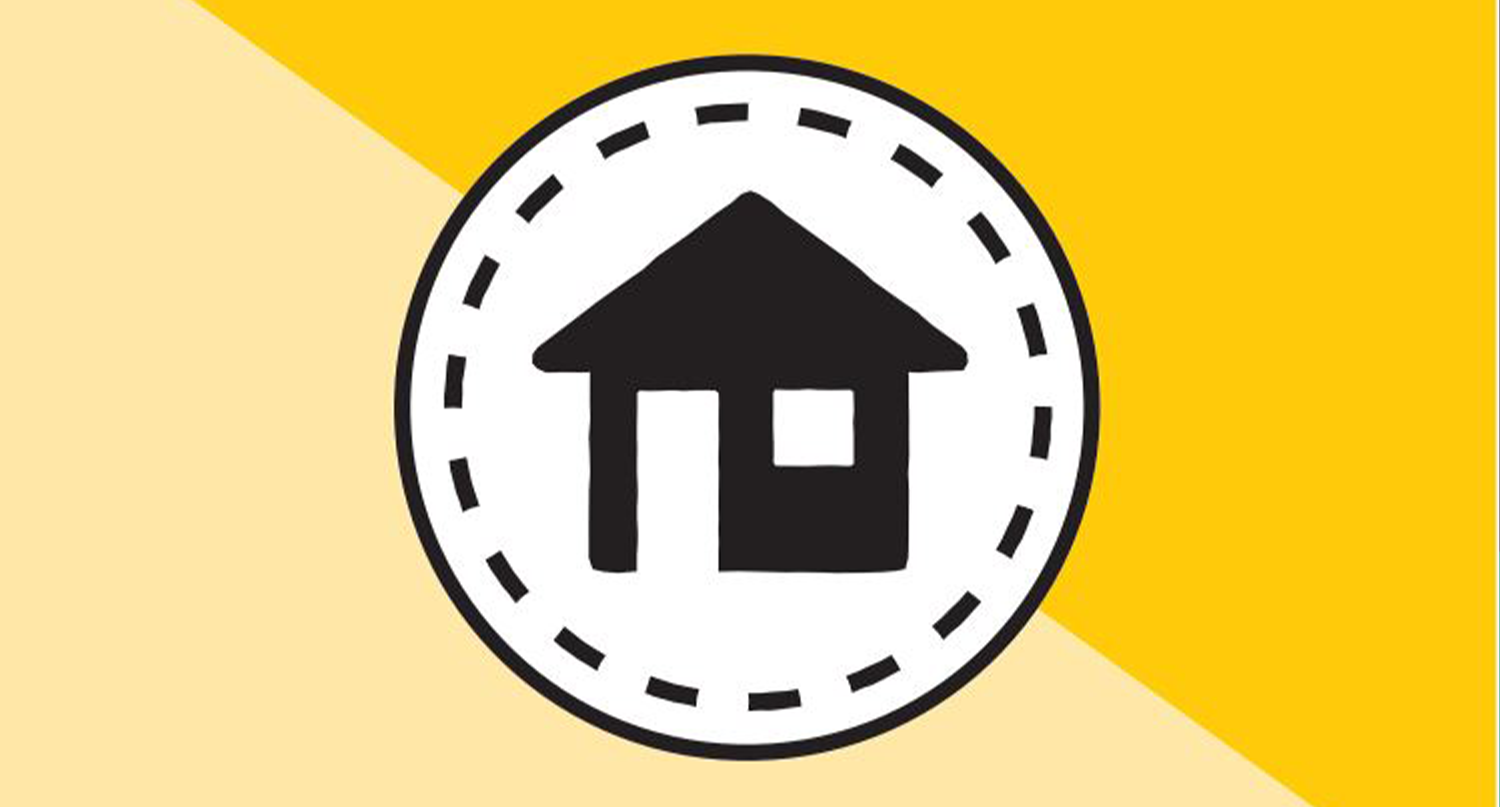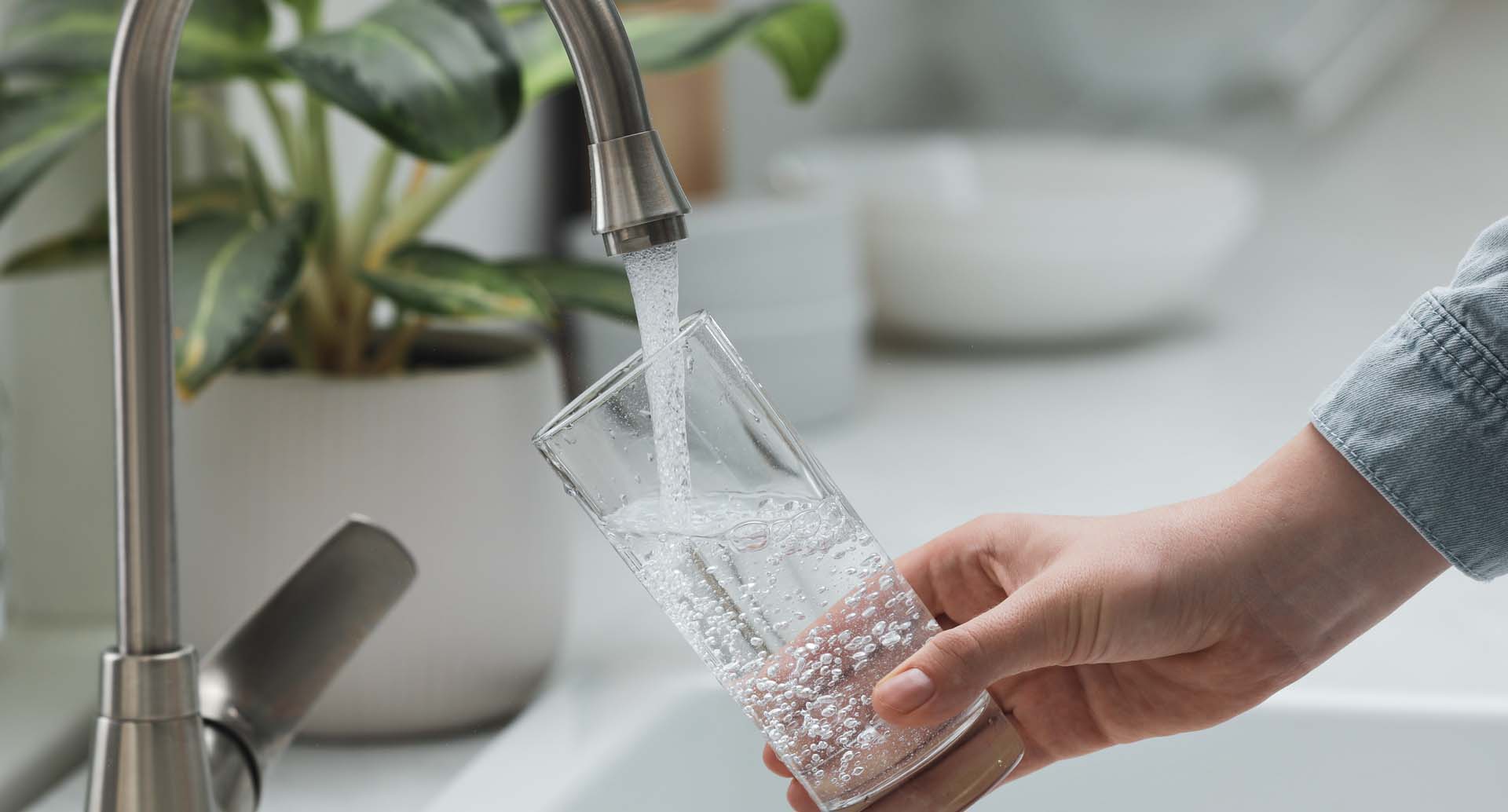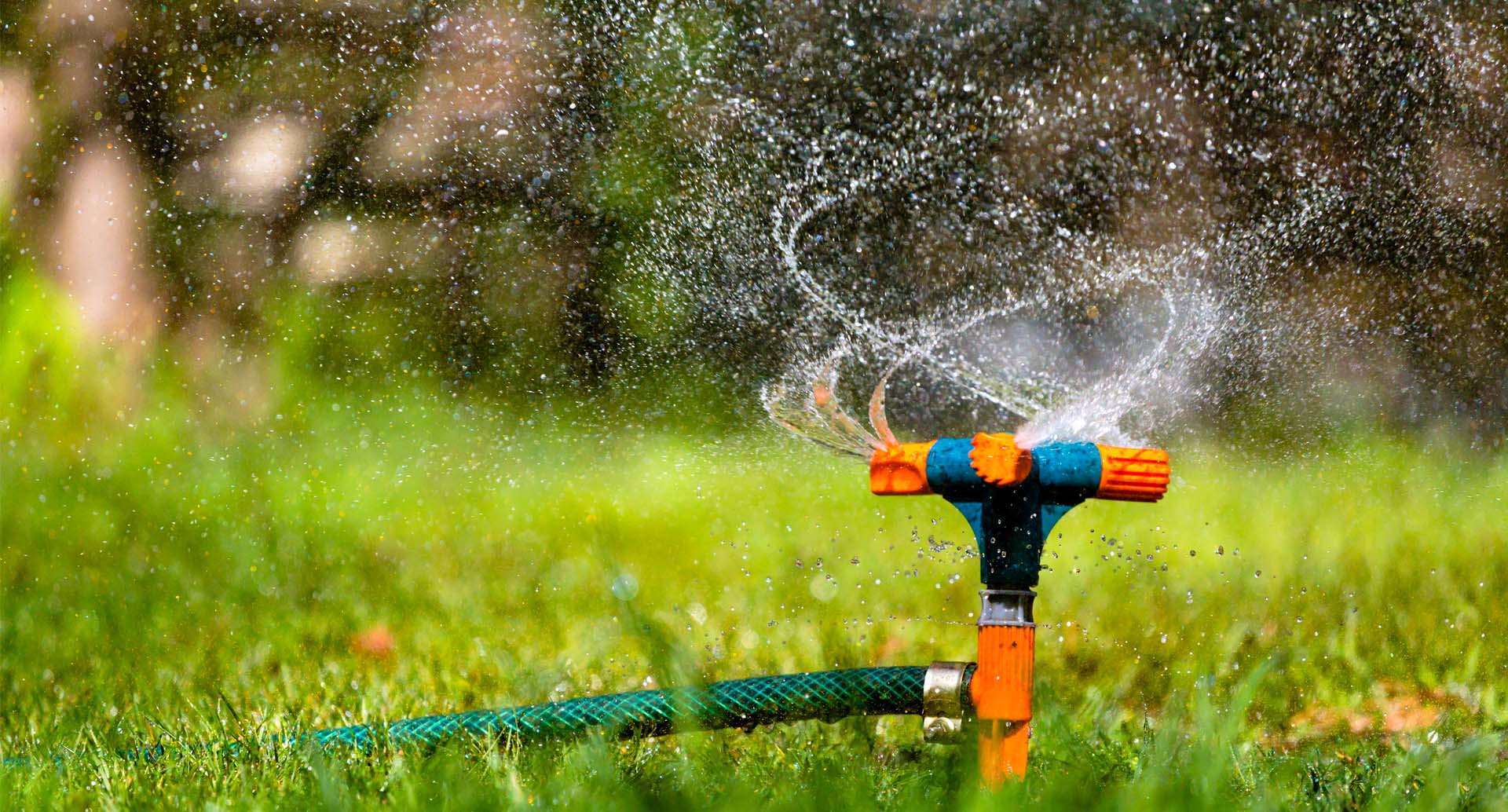Handy tips if you end up self isolating with covid

Learning you have tested positive for Covid-19 can come as a surprise, especially if you have not planned for the isolation period that will follow.
The Ministry of Health has information on the Unite against Covid-19 website to help families plan for covid in their household and it includes a planning checklist, similar to other personal emergency plans.
Ashburton District Council Strategy and Compliance Group Manager Jane Donaldson said everyone, whether they were vaccinated or unvaccinated, should prepare for what they needed if they contracted Covid-19.
“It is only a matter of time before a positive case of COVID-19 is in our community. Most people will have a mild to moderate illness, and will fully recover in their own home. For those who need help, the healthcare system will always be available.
“Being ready for getting COVID-19 is about making sure you and your household have a plan and know what to do. It will mean your family and community can help each other if needed.”
You can download this checklist: COVID-19 Readiness Checklist [PDF, 121 KB]
You need to work out what you will do if someone in your household tests positive for COVID-19 — the entire household will need to stay home. You need to figure out who can help you, for example dropping off food or supplies, and if anyone in the household needs extra care or support.
Make plans if you have shared custody of a child or dependant.
Talk to your employer, your child’s school. Do they need anything from you? Will they be able to support you? Will you and your children be able to work or learn from home?
A sign outside your house will let people know you are isolating. If people are helping with contactless drop offs, do you want them to text or message before they arrive? Beep the car horn from the gate? Use an agreed entrance?
You can download this poster: We are self-isolating poster [PDF, 1.5 MB]
It pays to write down important household instructions, like feeding pets, in case you need to go to managed isolation or hospital. You also need to think about how to minimise Covid-19 spreading in your household, like marking out isolation areas and having a sanitising station.
Make sure you have things to help you with COVID-19 symptoms — like pain relief, throat lozenges, cough medicine, ice blocks and vapour rubs.
Once you have a plan, make sure everyone in the house knows about it and how to support each other if someone gets sick.
If you are isolating at home, reach out to friends and family by phone or online. We are all in this together and we will get through together.
For more information and advice, go to the Government's Covid-19 website, Be prepared for COVID-19 | Unite against COVID-19.
Share this article
Latest News
Chertsey residents asked to conserve water following outage
Water restrictions remain as summer heat returns
Your guide to a rainy day in Mid Canterbury
Explore the wonder of Ashburton Lakes
Campaign pitches Mid Canterbury as NZ's most undiscovered destination
Road Closures
FAIRFIELD ROAD
from 19 Jan 7:00 to 31 Jan 18:00
ELIZABETH AVENUE (RAKAIA)
from 19 Jan 7:00 to 27 Feb 18:00
SPAXTON STREET - LILLEY PLACE - MACPHAIL PLACE
from 5 Jan 6:00 to 27 Feb 18:00
CHALMERS AVENUE
from 5 Jan 6:00 to 30 Jan 18:00
THOMPSONS TRACK
from 13 Jan 6:00 to 27 Jan 20:00
View all Road Closures | Live map







